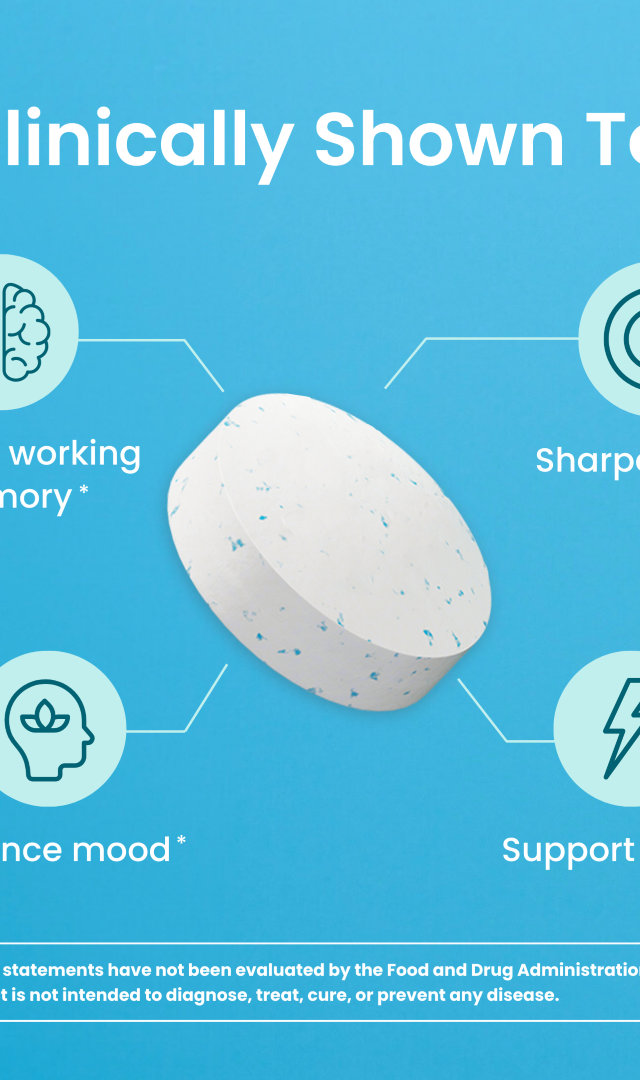Imagine a world where you wake up each day feeling refreshed, rejuvenated and ready to tackle the day ahead with energy and clarity. Now, imagine a world where stress, anxiety and exhaustion are distant memories, replaced by a sense of balance, peace, and well-being. This world is not just a dream, but a reality that can be achieved through a combination of proper sleep and effective stress management. These two fundamental components play a crucial role in maintaining brain health, and in this article, we will explore the science behind how they work and how you can implement them into your life.
The Importance of Sleep for the Brain
In order to get the sleep that the brain needs, it's important to follow good sleep hygiene practices, such as sticking to a consistent sleep schedule, creating a sleep-friendly environment (e.g. keeping the bedroom dark and quiet, limiting exposure to screens before bedtime, avoiding caffeine and alcohol before bed, etc).
The Role of Stress Management in Brain Health
Stress is a normal part of life, but when it becomes chronic, it can have negative effects on the brain. It could increase cortisol levels, which can lead to decreased cognitive function and memory. In addition, long-term stress can increase the risk of developing anxiety, depression, and other mental health disorders.
To manage stress, it is important to engage in activities that promote relaxation and mindfulness, such as meditation, yoga, exercise, and engaging in hobbies. By taking proactive steps to manage stress, individuals can help protect their brain health and maintain optimal cognitive function. Furthermore, finding healthy coping mechanisms, such as deep breathing, mindfulness, or talking to a trusted friend, can also help reduce stress levels and prevent the harmful effects of stress on the brain.
Conclusion
In conclusion, sleep and stress management play a crucial role in maintaining good brain health. Adequate sleep is necessary for the brain to consolidate memories, process information, and restore energy levels, while chronic stress can have a negative impact on cognitive function and memory. By prioritizing sleep and taking proactive steps to manage stress, individuals can help protect their brain health and maintain optimal cognitive function.
It is important to engage in activities that promote relaxation and mindfulness, such as meditation, yoga, and exercise, and find healthy coping mechanisms, such as deep breathing and talking to a trusted friend, to help reduce stress levels. Investing in sleep and stress management can have long-lasting benefits for overall health and well-being. You can even try other techniques to get better sleep which you can find in the article Interesting Relaxation Techniques for Better Sleep. Remember, in the beginning, forming a new habit may be complicated. Check out this article on How to Form Habits and Stick to Them and you'll learn some strategies to overcome this.
About the Author

Kent Yoshimura is co-founder & CEO of Neuro, a gum and mint company that enhances your health and wellness in the most convenient, affordable, and portable way possible.
His fascination with the human brain and optimizing performance led him to get a bachelor’s degree in neuroscience at the University of California, San Diego, and after college, continued his career as a multimedia creative, filmmaker and athlete, having trained in Judo with the Japanese Olympic Judo Team and in Muay Thai at Sityodtong in Thailand.
Find him on Instagram here:
@kentaro






















